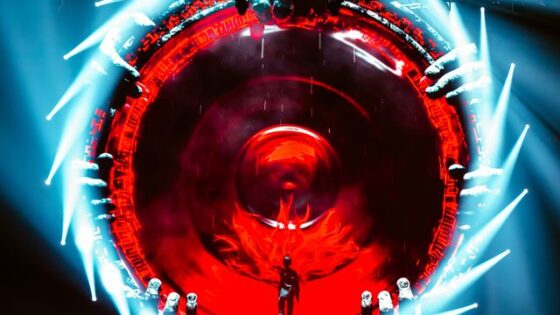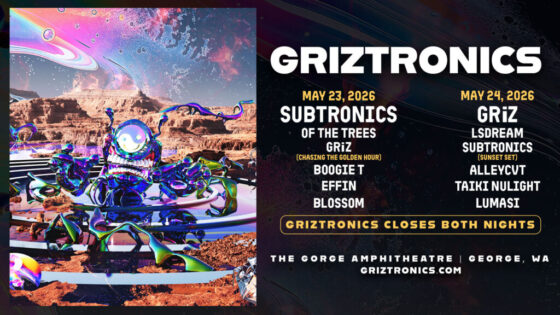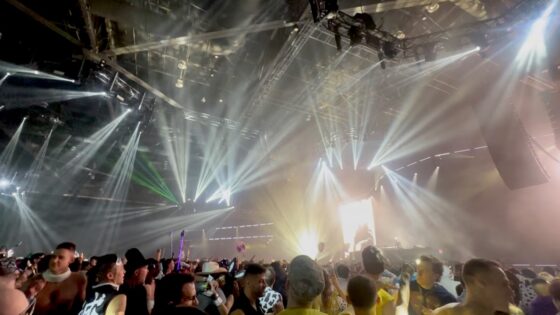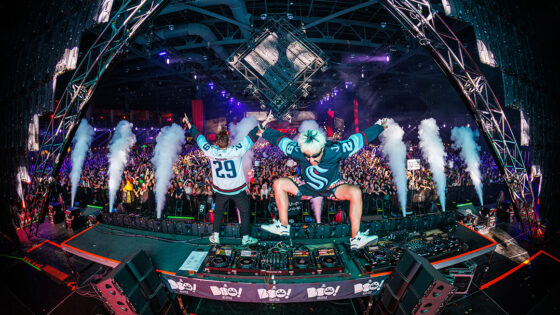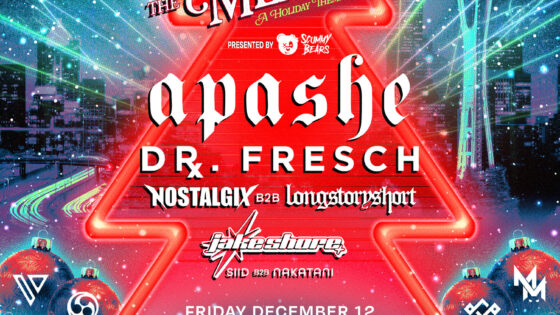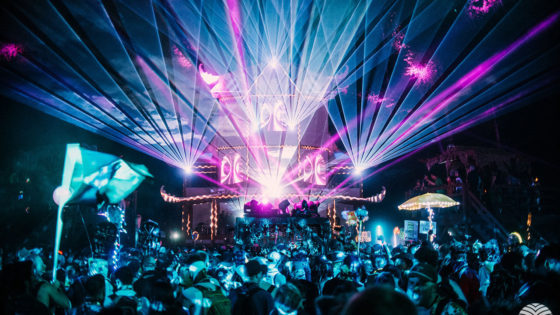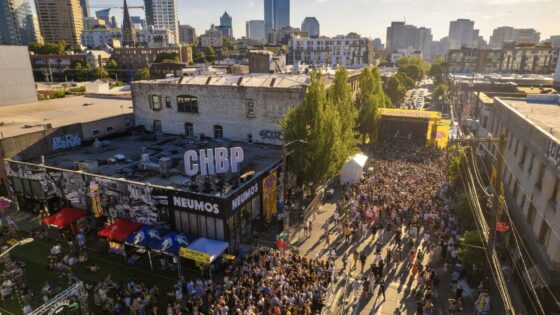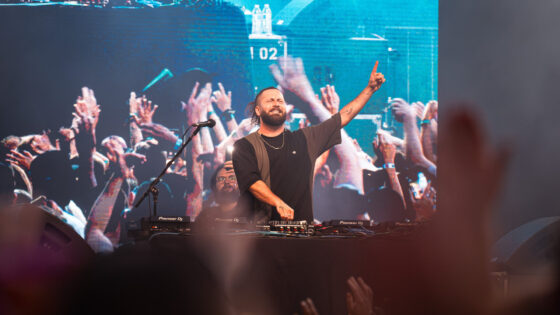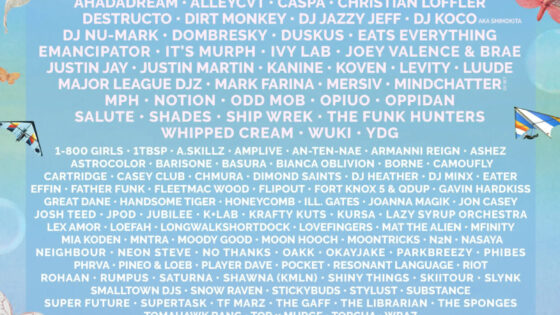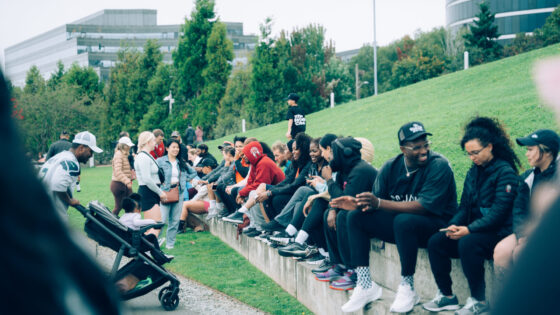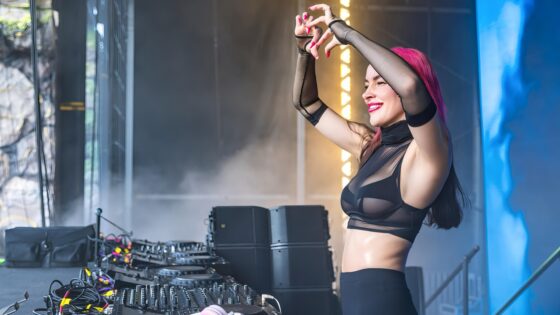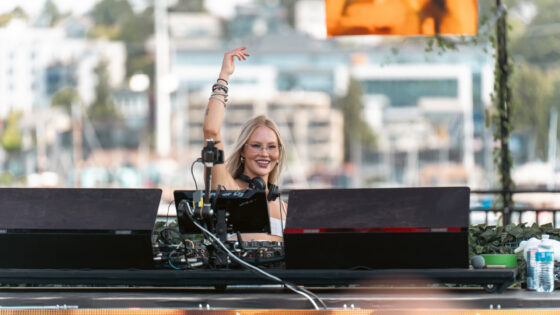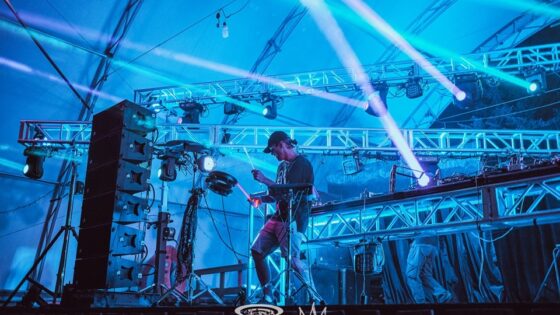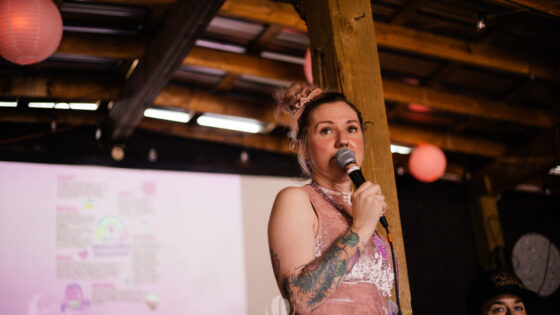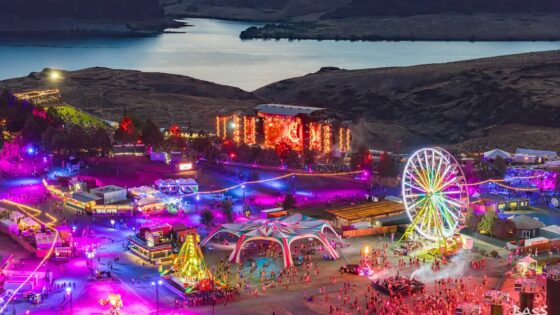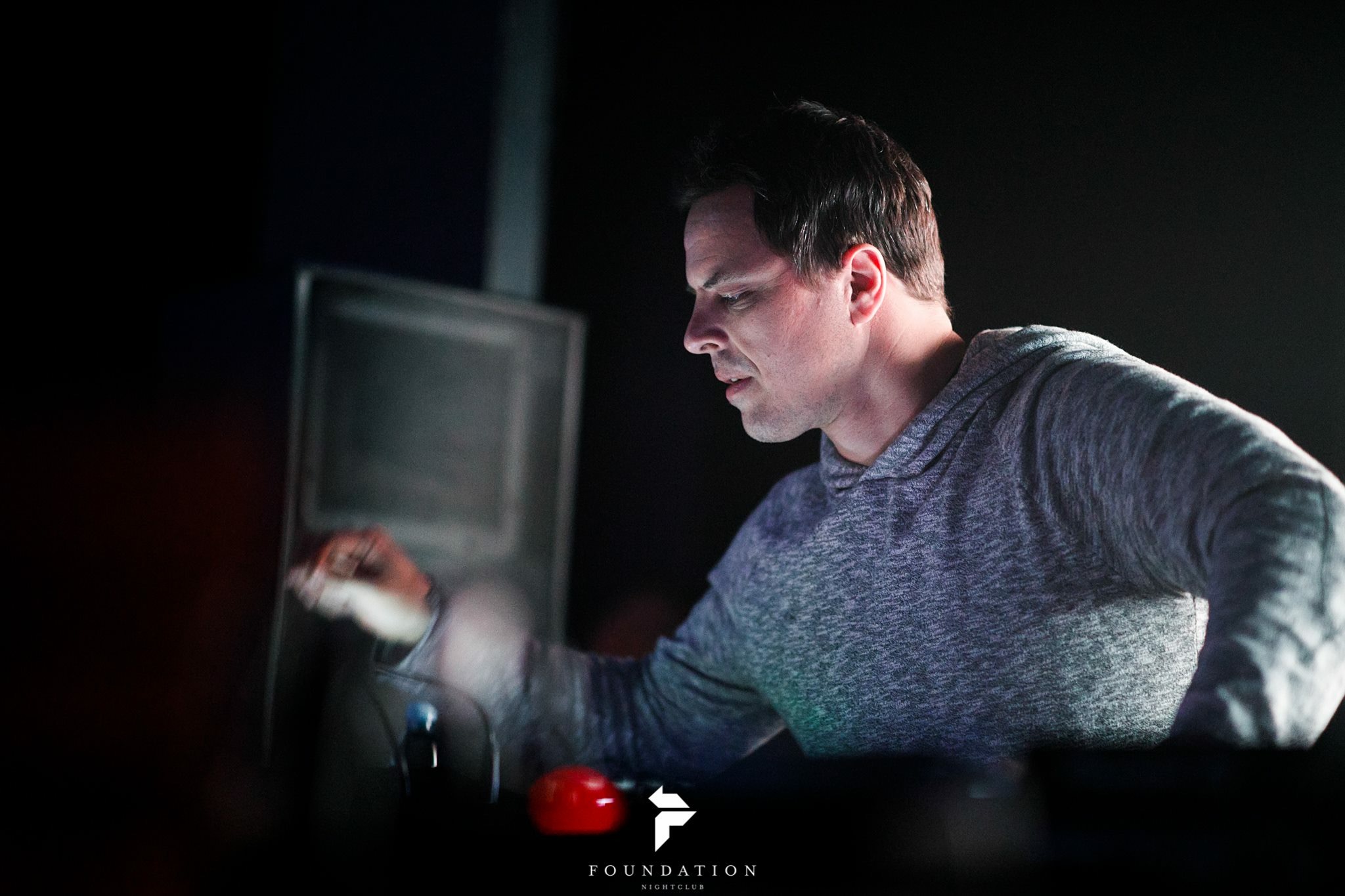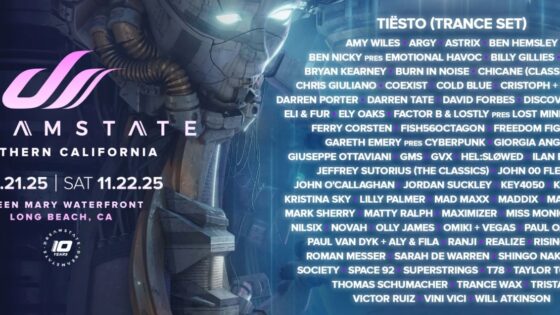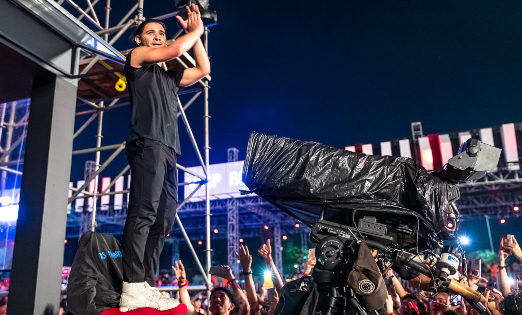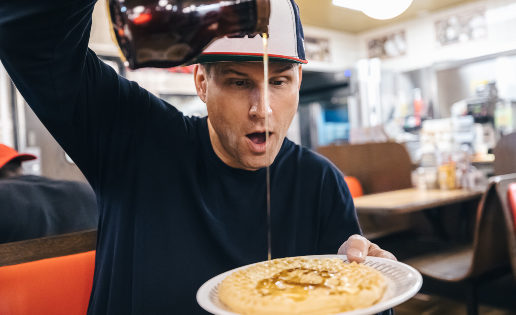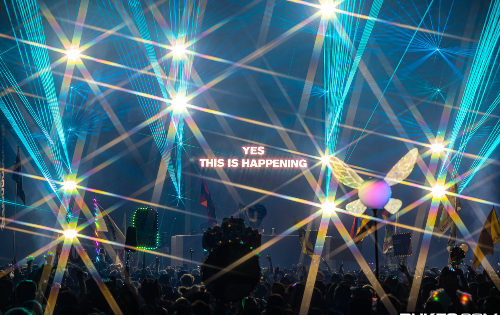When DMNW caught wind of Markus Schulz‘ return to Seattle, we knew we were in for something special. His closing set at last year’s Bliss left the Seattle trance family in awe and we’ve since been wondering when we’d next be graced with another PNW appearance. Learning that Markus would be throwing down a four hour open to close immediately sparked some questions for us, and we were lucky enough to have a chance to dig deep and ask him a few.
DMNW: Open-to-Close sets are nothing new for you. What’s your mentality before you take the stage for an OTC performance? How do you prepare for sets like these?
MS: The open to close solo set for me is the best method in which we can pay tribute to the art of DJing. It takes someone who is in this scene for the art to be able to pull it off successfully. You can’t just take your festival set or your Las Vegas set and play like that for six hours, which sadly a lot of guys do when it comes to club performances in every city.
When preparing for a solo set night, your groundwork can begin months in advance. The more time you dig deeper on Beatport; finding amazing music that isn’t in the top 10 or even the top 100 of a genre, the more rewarding it is.
The easiest way to envisage a solo set is to divide the night into three sets. For me, an ideal club night as warmup DJ, a main event DJ, and an after-hours DJ. With a solo set, you take on the roles of all three combined.
So as the warmup DJ, you want to keep the mood low and slowly fill up the dancefloor over the first hour or so. You want to play deeper progressive, but not where there is too much percussion going on to fatigue the ears. Then you begin to heat up and transition towards the main part of the night, which is where you’ll pull out the big tracks in your recent sets and from Global DJ Broadcast. And when the room is clicking in unison, that is when you can take things down the rabbit hole and get weird with the melodic techno and so on.
I have specific folders on my hard drive for each set, and when I find something I think will work well in a particular setting, I will put it in there and let the folder accumulate over a few months. Then around a week out, I will study the layers and gain a bit of knowledge about how certain tracks flow well together.
If you have those small pieces of the jigsaw accumulated going in, combined with your ability to read the room, it isn’t such a daunting task.
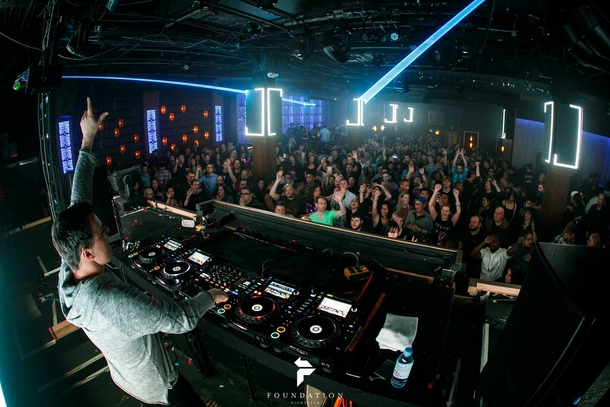
Photo: Turk Photos
DMNW: How do you pace yourself during these OTC sets? Standing, jumping up and down, mixing tracks in a loud, and colorful, environment…that kind of activity. To do all of that for more than 4 hours seems physically, and mentally exhausting!
MS: It really is, particularly mentally. I have a lot of difficulty getting to sleep after doing a solo set because my mind is so active during that period; reading the room and reacting on which tracks to play as a result. It’s one of the reasons why I think you couldn’t resort to doing all night solo sets only if your tour schedule is extensive and there is a lot of travel involved.
There have been a few situations which have been much more challenging than others. One was the 13-hour solo set at Tomorrowland a few years ago, because not only were you dealing with the usual mental demands of reading an audience and playing for that long but because it was during the day and in the summer, you were dealing with heat too.
And another happened just recently. On New Year’s Eve weekend, I did three solo sets in three straight nights – in San Francisco on the Friday, Chicago on the Saturday, and the finale in Los Angeles on the Sunday, New Year’s Eve night itself. I was so exhausted when that run ended, that I had to stay in LA until the Thursday to decompress before moving on to the next show in Colombia, rather than flying back home to Miami.
The most important thing to survive is to physically live a sensible lifestyle and look after your body. Eat healthily, make use of the gym facilities in hotels while you are on the road, avoid drugs and don’t go overboard on alcohol. As a rule, I never drink alcohol when performing.
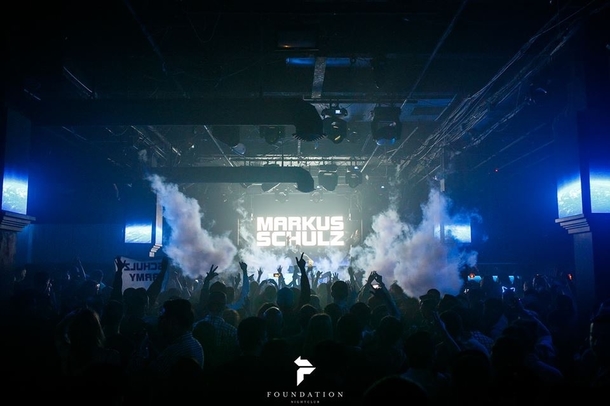
Photo: Turk Photos
DMNW: Stylistically, and mechanically, how does one of your OTC performances differ from a shorter set? What’s your favorite aspect of playing an open to close set?
MS: I think both the short festival sets and the long club sets each have their own distinguishable charms.
With a festival set, you’re competing for the attention of thousands of fans who haven’t necessarily come to see you, and you’re competing against top-tier DJs for attention, across different genres. So at festivals, you tend to play a lot safer; with emphasis on your big signature and tried + trusted tracks. Because of the short set length, you don’t particularly have the time to explore into the unknown, and if you make a programming mistake, you could lose the crowd very early.
But with a club set, particularly with an open to close solo set, you essentially get to showcase the full spectrum of your sound.
And because you tend to choose cities where you have a loyal following of fans, the trust is there from them to allow you to explore, and play material that can sometimes sound rough and unfinished.
[blockquote]The best way for me to describe my affection for solo sets is that I need them for my soul. It is creatively and personally very gratifying for me to do, because I believe, respect and adore the DJ art.[/blockquote]
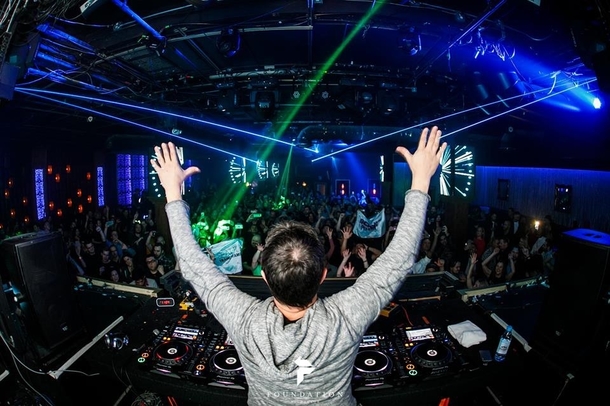
(Photo: Turk Photos)
DMNW: What can fans expect from Markus Schulz in 2018?
MS: Musically, my new Dakota album The Nine Skies has just been released, and the music from that has been good fuel for my recent livesets, with tracks such as Edonismo and The Spirit of the Warrior. We have a great slate of releases on Coldharbour for the first quarter of this year, so fans at Foundation will be able to hear some of those that haven’t made it the length of Global DJ Broadcast yet.
And I am currently working on my next big production project for 2018, and a solo set is the perfect ground to rest some of those pieces out while still in the fine-tuning phase.
DMNW: Lastly, you’ve become a frequent Seattle visitor. Your shows here always draw a big crowd. What’s one thing you like best about the city?
MS: It’s the home of Starbucks! So I am thankful that Seattle gave that to the world. I couldn’t survive on the road without that place.
What I have appreciated in recent years is that I am finally getting the chance to play in Seattle on a somewhat more regular basis. For a long while, the fans in Seattle had to cross the border to Vancouver to go see me play, but thankfully now with Foundation being so kind in inviting me, along with the big arena shows that USC Events put on, it’s helping contribute to one of the continually growing scenes in the United States.
Important things happen in Pacific Northwest nightlife, and DMNW will send you alerts!

